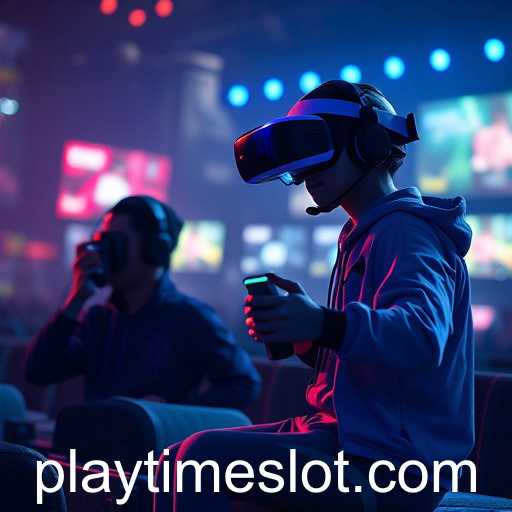In 2025, the gaming industry continues its dynamic evolution, driven by technological advancements and changing consumer habits. Playtime, a popular keyword among gaming enthusiasts, reflects not only the time spent on games but also the interactive experiences and social connectivity they provide. Gaming is no longer a solitary activity; it's a vibrant, community-driven experience.
The adoption of virtual reality (VR) and augmented reality (AR) has significantly enhanced the immersive quality of games. Players are now transported into virtual realms that are almost indistinguishable from reality, blurring the lines between the digital and physical worlds. This technological leap has allowed gamers to experience playtime in a way that was unimaginable a decade ago.
The transition to cloud-based gaming platforms has also marked a significant shift. With companies like Google and Microsoft leading the charge, gamers can access high-quality games anywhere, without the need for expensive hardware. This democratization of gaming has broadened the player base and leveled the playing field, inviting more casual gamers into the fold.
Furthermore, the increasing focus on inclusivity within game design reflects a broader societal push for diversity and representation. Game developers are creating stories and characters that resonate with a wider audience, fostering a deeper connection between players and playtime.
Esports has emerged as a formidable force in the entertainment industry. Competitive gaming tournaments now attract millions of viewers globally, with prize pools that rival traditional sports. The rise of esports has not only legitimized gaming as a professional pursuit but has also created dynamic career opportunities within the industry.
As we look towards the future, the potential of artificial intelligence (AI) in game development is particularly exciting. AI-driven characters and narratives promise to offer personalized gaming experiences, where the game evolves based on a player's unique playstyle and decisions.
In conclusion, the concept of playtime in 2025 is more multifaceted than ever before. It encompasses technological innovation, community engagement, and cultural shifts. The gaming industry is poised for further growth and transformation, reshaping how we play, connect, and experience the digital world.








